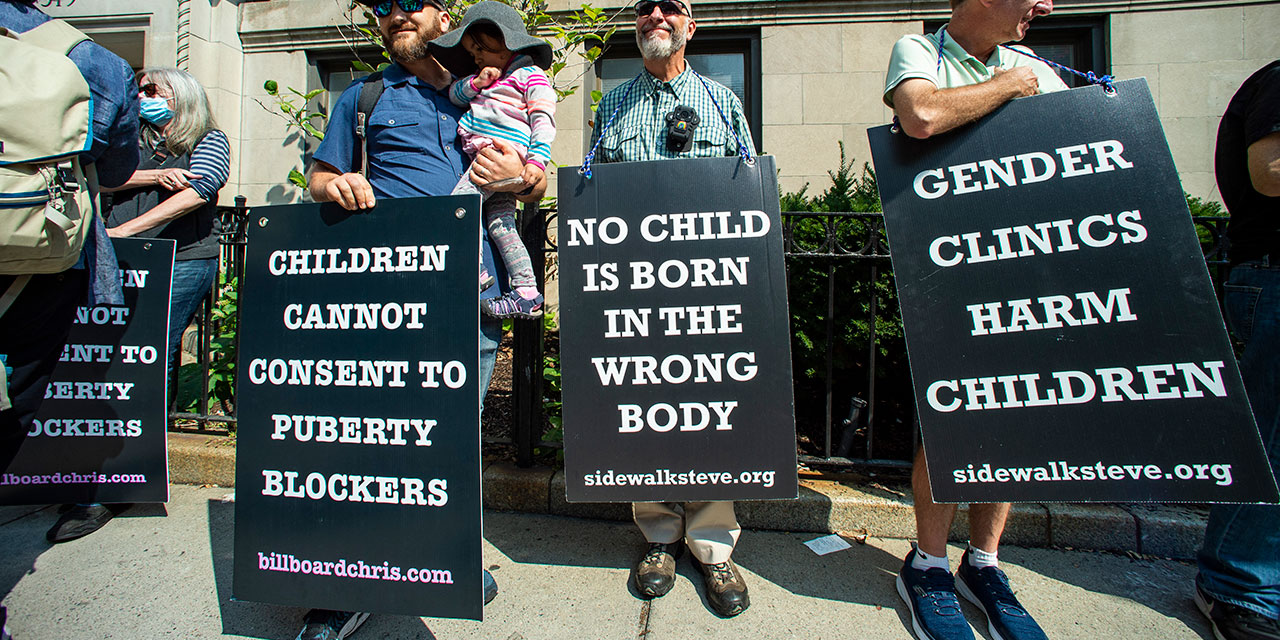Most of what you’ve heard about Steven Soderbergh’s Che is true. At four and a half hours, the film, now playing in selected domestic markets and available on video on demand, is extremely long. And even at this length, the film skips over the least convenient, indeed morally repulsive, period of Ernesto Guevara’s life. It’s a testament to Soderbergh’s skill that the film still has some merit—above all, the director’s typically meticulous composition and audacious experiments with form—but it falls abjectly short of accuracy.
Che does add some teeth to the ethereal Guevara image. Dreamy young road-tripping Gael García Bernal of 2004’s The Motorcycle Diaries has given way to a haggard Benicio Del Toro wearing fatigues, in a film whose second half is bluntly titled GUERRILLA. Soderbergh presents Che as an unabashedly ideological revolutionary who rejects any path for change aside from violent struggle. For the most part, the film focuses on his two periods of most intense guerrilla activity, in Cuba and then in Bolivia—revolutions to the death in each case. A fellow moviegoer observed afterward that she no longer thought of Guevara as “cuddly.” That’s a start.
Yet for Soderbergh, this violent Guevara remains a sympathetic figure. Such admiration may have motivated the director’s omission of the years that Guevara spent after the revolution in Castro’s Cuba, supervising executions, establishing the state police, and helping build an authoritarian state—unpleasant activities that the Che T-shirt crowd would rather not examine. It’s a politically convenient choice, to be sure, but given the film’s emphasis on Guevara’s guerrilla career, perhaps it makes some artistic sense. A few flashbacks intervene, but for the most part the film concerns itself with combat and survival in the Cuban and Bolivian countryside. This close attention to the practicalities of guerrilla warfare binds together what might have been two tonally incoherent episodes—in two different countries and separated by nine years. Showing Guevara’s comparatively humdrum years in Castro Cuba—where he killed from behind a desk instead of from behind a rifle—might have enervated the film’s narrative energy.
Do you buy that explanation? I might have, if Soderbergh had presented Guevara more honestly in those guerrilla years. Yet Soderbergh never depicts Guevara doing anything even conceivably wrong. In fact, he’s presented as unfailingly virtuous, doing what the rest of us would do if only we possessed his bravery and superior understanding of parasitic capitalism. At one point, a Cuban upbraids Guevara for executing his uncle, but otherwise the film implicitly justifies his every act, while omitting any element of the historical record that might reflect poorly upon him.
Consider a few cases. In the film, Guevara castigates subordinates who want to leave rebel life in Cuba and declares that they’ll be treated as traitors if found again. In reality, Guevara and his men conducted immediate summary executions of departing combatants—Guevara records one such incident in his diary. Other historical sources tell of executions conducted on mere suspicions of disloyalty. But in only one case does the film show Guevara ordering subordinates executed—when they steal from peasants. Something else you won’t see in Che: how Guevara treated the enemy, ordering executions of surrendered Batista soldiers shortly before the rebel victory in the Battle of Santa Clara. When he is finally captured, we see him claim to a Bolivian soldier that Christianity flourishes unimpeded in Cuba. That’s what you call a lie, as countless accounts of the persecution of priests and the faithful from Cuba indicate. Again, Soderbergh makes no effort to correct the record.
The film also offers up some of Guevara’s more anodyne thinking about violence, including his musing that victory depended on the “greater or lesser desire of the troops to fight and confront danger,” but we don’t hear any of his more blood-curdling thoughts. In his “Message to the Tricontinental,” for example—a 1967 rallying cry addressed to the Cuba-sponsored Organization of Solidarity with the People of Asia, Africa, and Latin America—he wrote of “hatred as an element of struggle; unbending hatred for the enemy, which pushes a human being beyond his natural limitations, making him into an effective, violent, selective, and cold-blooded killing machine.”
One can make good arguments against the inclusion of these incidents and quotations—but Soderbergh doesn’t include anything that might besmirch Che’s cultural sainthood. He portrays Guevara’s antagonists, the Cuban and Bolivian militaries, as practically stock villains. He spares no opportunity to show Guevara administering medical care to children, setting up schools, and feeding the hungry. Guevara’s confederates, too, emerge as amiable compañeros all. If you thought that Fidel and Raul Castro, Juan Bosque, and other founders of Cuban Communism would make great buddy-film characters, this is the movie for you. Someone should warn Ridley Scott, who’s at work on a new Robin Hood flick, that he’s been beaten to the task.
Soderbergh’s film is not only historically spurious; it’s morally feckless, given that the Cuban state—Guevara’s one lasting creation—continues to arrest, imprison, and oppress its citizens. In 2004, Paul Berman wondered if fans of The Motorcycle Diaries “will ever give a damn about the oppressed people of Cuba—will ever lift a finger on behalf of the Cuban liberals and dissidents.” We can wonder the same about fans of this film, as well as about its star, who stalked out of an interview with the Washington Times after being challenged on the film’s portrayal of Guevara. But it seems that Hollywood will never tire of lionizing this brutal advocate of revolutionary violence—and never acknowledge the victims of his murderous ideology.



